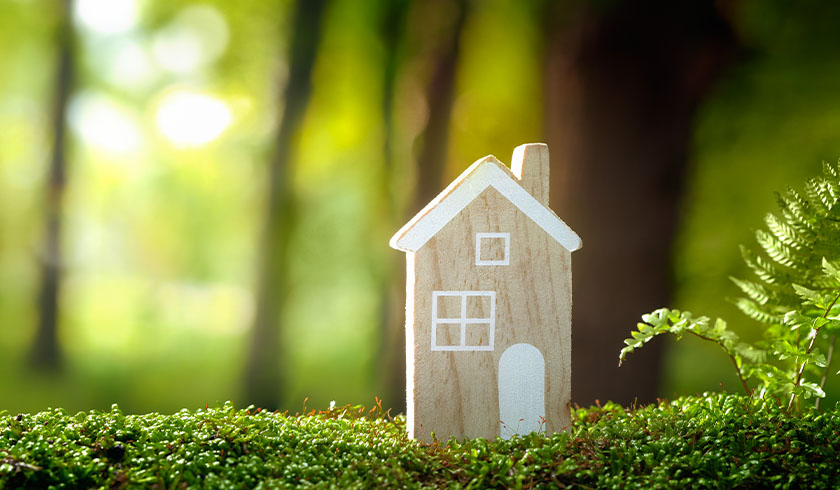How future estates can be green
As Australians continue to worry about their impact on the planet, the need for houses that match consumers’ eco-friendly desires grows, according to a study.

With this in mind, a community in rural Victoria was established based on creating a modern energy-efficient 220 home neighbourhood.
According to results released by RMIT University and RENEW, Australia’s housing industry can build affordable, energy-efficient, carbon neutral homes that dramatically reduce energy bills, meaning a win-win for consumers and the environment.
Dr Trivess Moore, senior lecturer at RMIT University, believes Victoria’s sustainable community known as “The Cape” shows that energy-efficient living is possible Australian wide.
“The houses are consuming 88 per cent less energy from the energy grid compared to a typical new 6-star house in Victoria. This results in the houses having very low energy bills, making them much more affordable to live in,” Dr Moore explained.
Analysis from the site showed that there is no design, material, technology or knowledge barriers to delivering low energy or carbon housing in Australia.
“We can see what works and now we need to work with policymakers and key stakeholders in the residential sector in Australia to lift the quality and performance of new and existing housing to ensure benefits for households, society and our environment,” Dr Moore continued.
The Cape produces more than it uses, has an 8.2 energy rating (six starts is typical for new homes) and is about 85 per cent cheaper to run than standard homes.
Brendan Condon, founder and director of The Cape, said The Cape proves that well-designed communities can reduce the carbon footprint of individuals.
“Our housing sector is a large part of Australia’s emissions, which, combined with commuter vehicles, accounts for a very significant 20 per cent of our national carbon footprint.”
“As The Cape has proven, this is a growing opportunity for volume builders, developers, councils and home buyers to build zero emissions neighbourhoods,” Mr Condon said.
